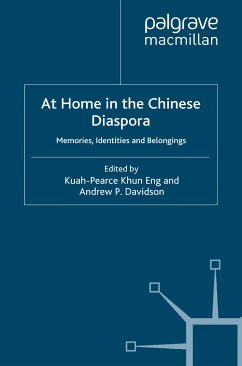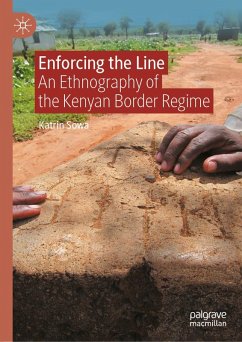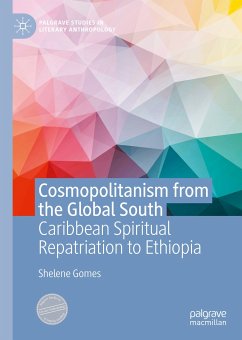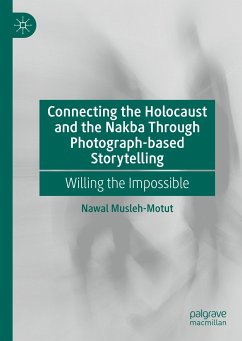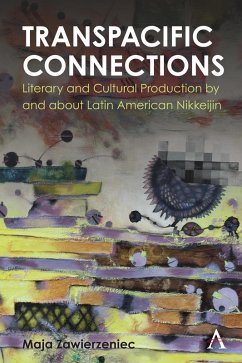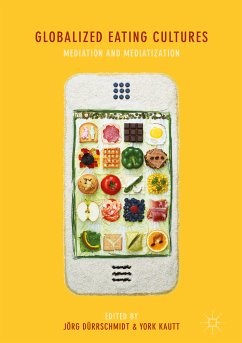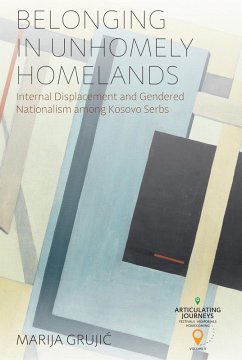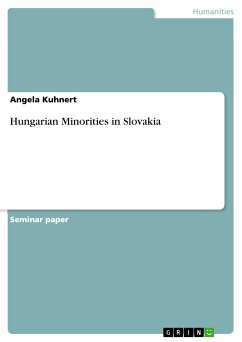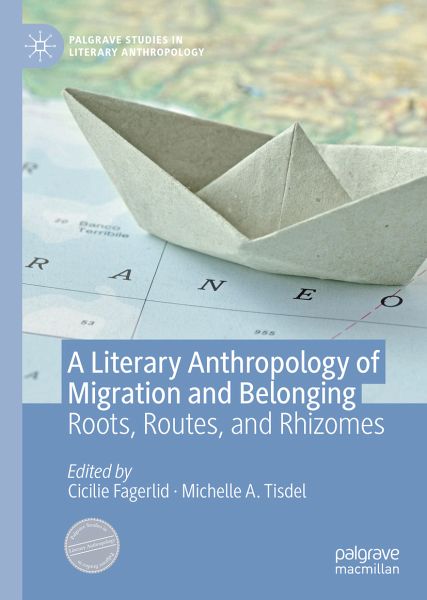
A Literary Anthropology of Migration and Belonging (eBook, PDF)
Roots, Routes, and Rhizomes
Redaktion: Fagerlid, Cicilie; Tisdel, Michelle A.
Versandkostenfrei!
Sofort per Download lieferbar
72,95 €
inkl. MwSt.
Weitere Ausgaben:

PAYBACK Punkte
36 °P sammeln!
This collection pushes migration and "the minor" to the fore of literary anthropology. What happens when authors who thematize their "minority" background articulate notions of belonging, self, and society in literature? The contributors use "interface ethnography" and "fieldwork on foot" to analyze a broad selection of literature and processes of dialogic engagement. The chapters discuss German-speaking Herta Müller's perpetual minority status in Romania; Bengali-Scottish Bashabi Fraser and the potentiality of poetry; vagrant pastoralism and "heritagization" in Puglia, Italy; the self-repres...
This collection pushes migration and "the minor" to the fore of literary anthropology. What happens when authors who thematize their "minority" background articulate notions of belonging, self, and society in literature? The contributors use "interface ethnography" and "fieldwork on foot" to analyze a broad selection of literature and processes of dialogic engagement. The chapters discuss German-speaking Herta Müller's perpetual minority status in Romania; Bengali-Scottish Bashabi Fraser and the potentiality of poetry; vagrant pastoralism and "heritagization" in Puglia, Italy; the self-representation of European Muslims post 9/11 in Zeshan Shakar's acclaimed Norwegian novel; the autobiographical narratives of Loveleen Rihel Brenna and the artist collective Queendom in Norway; the "immigrant" as a permanent guest in Spanish-language children's literature; and Slovenian roots-searching in Argentina. This anthology examines the generative and transformative potentials of storytelling, while illustrating that literary anthropology is well equipped to examine the multiple contexts that literature engages. Chapter 4 of this book is available open access under a CC By 4.0 license at link.springer.com.
Dieser Download kann aus rechtlichen Gründen nur mit Rechnungsadresse in A, B, BG, CY, CZ, D, DK, EW, E, FIN, F, GR, HR, H, IRL, I, LT, L, LR, M, NL, PL, P, R, S, SLO, SK ausgeliefert werden.



